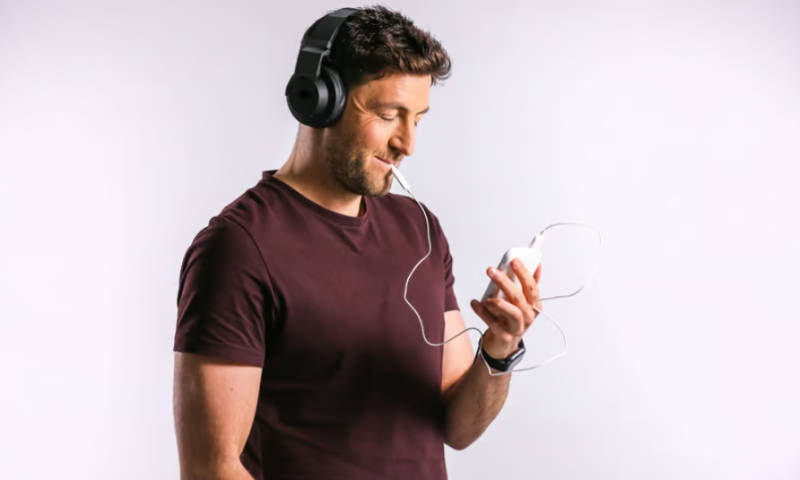When it comes to Neuromod Devices’ neurostimulation system to relieve tinnitus, the FDA is all ears.
The agency handed down de novo clearance to the Lenire device, Neuromod announced Tuesday. That makes it the first such system OK’d to treat tinnitus, a condition that affects more than 25 million people in the U.S. alone, according to the company, and that causes a ringing, buzzing or other noise in one or both ears that nobody else can hear.
With the regulatory nod secured, Neuromod is planning to begin rolling out its Lenire system across the U.S. next month, a process that will involve training audiologists and ENT surgeons who specialize in tinnitus care how to use the device—which has already received CE mark clearance in Europe.
“The otolaryngologist now has access to innovative Lenire technology and can prescribe it to patients who are at least moderately impacted by their tinnitus. The majority of these tinnitus patients are either inadequately relieved or are opting not to pursue existing options, such as hearing aids,” Steven Cheung, M.D., an otorhinolaryngologist and a professor of head and neck surgery at the University of California, San Francisco, said in this week’s release.
The Lenire system takes a two-pronged approach to neurostimulation, with an aim of normalizing the nerve signals linked to tinnitus. One of the prongs relies on the use of Bluetooth headphones to play custom sounds that are designed to activate the auditory nerve, while the other centers on Neuromod’s Tonguetip device, which is placed inside the mouth and sends mild electrical stimulation to the surface of the tongue.
Both of those components are linked to a separate handheld controller. Patients can use the controller to start and stop treatments and adjust the volume of the headphones and intensity of the Tonguetip stimulation.
According to Neuromod CEO Ross O’Neill, that bimodal approach has proven to make Lenire “more effective than sound therapy” in treating patients who are “at least moderately impacted by their tinnitus.” In sound therapy, one of the current go-to therapy methods for the condition, playing calming sounds—such as white noise, river sounds or wind chimes—is meant to suppress the noise caused by tinnitus and may even train the brain to ignore those internal sounds.
The FDA clearance came after Chicago-based Neuromod completed its third clinical trial of the technology. The study, which has yet to be published, spanned 12 weeks and 112 participants. For the first half of the study period, the participants were treated with sound therapy alone, then switched to the dual-action Lenire system for the remaining six weeks.
After using Neuromod’s technology, nearly 80% of the study participants experienced a “clinically significant improvement” in their tinnitus, according to the company, as measured by the Tinnitus Handicap Inventory assessment, a scale of 1 to 100 that measures how severely tinnitus impacts a patient’s life. The study focused on individuals with a score of at least 38—indicating moderate, severe or catastrophic intensity of tinnitus—and found that they were more likely to see their condition improve from the Lenire neurostimulation therapy than from standard sound therapy.
Additionally, according to the study, no serious adverse events were reported by users of Neuromod’s device, and more than 88% of participants said they would recommend the tech as a tinnitus treatment.

